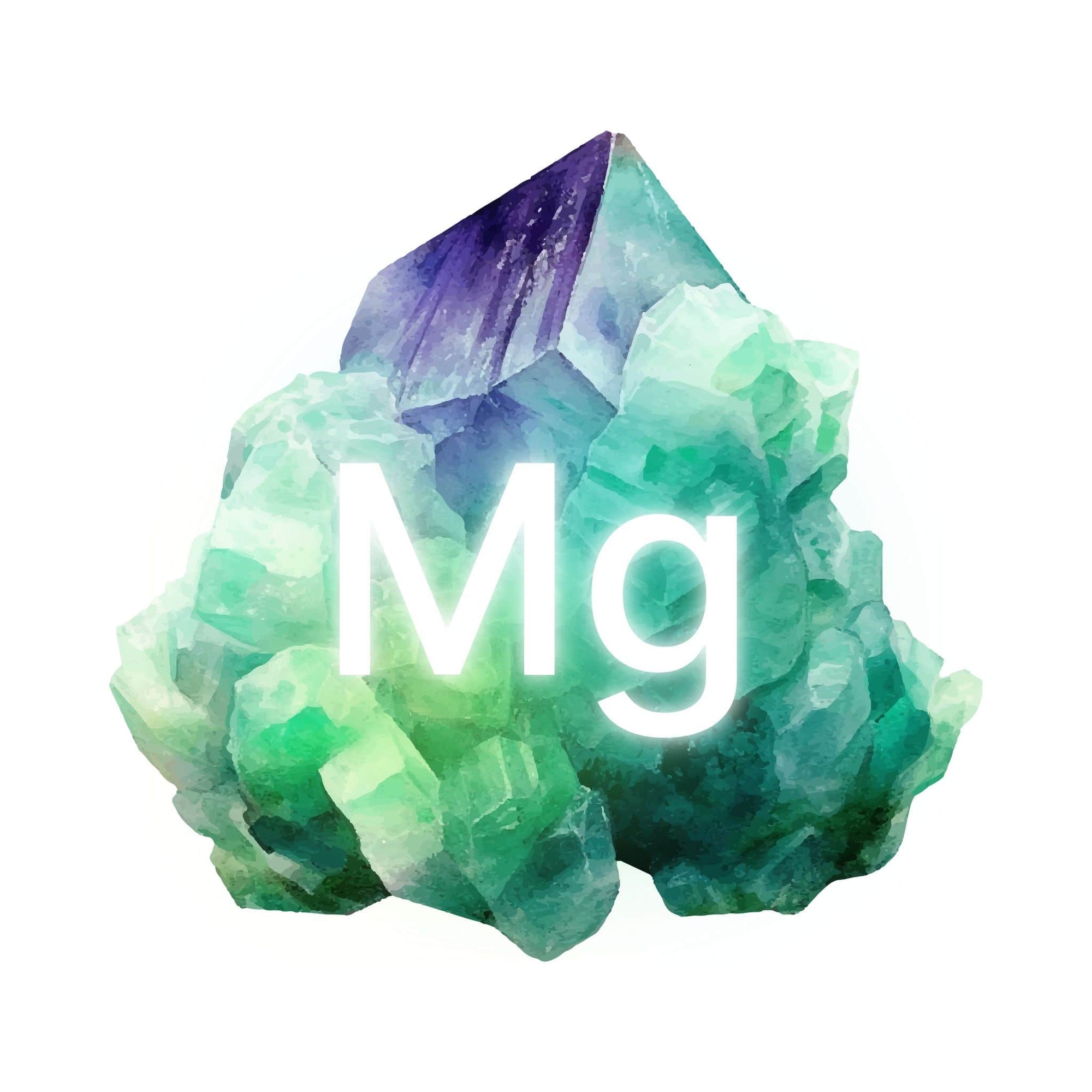Introduction
In the world of natural health and wellness, Ashwagandha has become a superstar, and for good reason. Known as one of the most powerful herbs in Ayurvedic medicine, Ashwagandha has been used for over 3,000 years to combat stress, boost energy levels, and improve concentration. As modern science catches up with ancient wisdom, this versatile adaptogen is gaining widespread attention for its numerous health benefits.
In this guide, we'll explore everything you need to know about Ashwagandha, from its origins and key benefits to how it works in the body, and why it deserves a place in your wellness routine.
What is Ashwagandha?
Ashwagandha (Withania somnifera), often referred to as "Indian ginseng" or "winter cherry," is a small shrub with yellow flowers that is native to India, North Africa, and the Middle East. The root and leaves of the Ashwagandha plant are used in herbal remedies for their therapeutic properties. The name "Ashwagandha" translates to "smell of the horse," indicating that the herb gives its user the strength and vitality of a horse.
As an adaptogen, Ashwagandha helps the body adapt to stress by modulating the immune system, reducing cortisol levels, and enhancing mental clarity. This makes it a popular choice for people looking to balance their mind and body in today’s fast-paced world.
Health Benefits of Ashwagandha
1. Reduces Stress and Anxiety
One of Ashwagandha’s most well-known benefits is its ability to reduce stress and anxiety. Several studies have shown that Ashwagandha can significantly lower levels of cortisol, the hormone responsible for the body’s stress response. A 2019 study published in Medicine (Baltimore) found that people who took Ashwagandha experienced a 30% reduction in stress levels compared to those who took a placebo.
Ashwagandha’s calming effects are thought to stem from its influence on the hypothalamic-pituitary-adrenal (HPA) axis, which regulates the body's response to stress. This makes Ashwagandha an excellent choice for individuals dealing with chronic stress, anxiety, or sleep disturbances.
2. Boosts Cognitive Function and Memory
In addition to reducing stress, Ashwagandha has been shown to enhance brain function. It may help improve memory, attention, and overall cognitive abilities. A study published in the Journal of Dietary Supplements revealed that Ashwagandha root extract improved cognitive performance in individuals with mild cognitive impairment.
This neuroprotective benefit is attributed to Ashwagandha's ability to reduce oxidative stress in the brain, protect neurons from damage, and stimulate the growth of new nerve cells.
3. Enhances Physical Performance and Muscle Strength
Athletes and fitness enthusiasts are increasingly turning to Ashwagandha to improve physical performance. Studies suggest that Ashwagandha can increase muscle mass and strength while reducing body fat. In a study published in the Journal of the International Society of Sports Nutrition, participants who supplemented with Ashwagandha saw significant gains in muscle size and strength compared to those who took a placebo.
The herb's adaptogenic properties also help the body recover from intense physical activity by reducing muscle damage and inflammation, making it an ideal supplement for active individuals.
4. Supports Immune Function
Ashwagandha has been shown to boost immune function by increasing the activity of natural killer (NK) cells, which are critical to fighting off infections and diseases. Its ability to reduce inflammation and oxidative stress also contributes to its immune-supporting effects.
Incorporating Ashwagandha into your daily routine can help your immune system stay strong, particularly during times of high stress, which is known to weaken immune defenses.
5. Balances Hormones and Improves Reproductive Health
Ashwagandha is commonly used in Ayurvedic medicine to support reproductive health in both men and women. For men, studies have shown that Ashwagandha can increase testosterone levels and improve sperm quality, which may benefit those experiencing infertility.
For women, Ashwagandha is thought to help regulate hormone levels and may alleviate symptoms associated with menopause, such as hot flashes, mood swings, and insomnia. Its ability to balance hormones makes it an ideal supplement for those seeking natural support for reproductive health.
6. Promotes Better Sleep
In our modern world, where sleep disorders are increasingly common, Ashwagandha stands out as a natural sleep aid. Its stress-reducing and cortisol-lowering effects make it easier for the body to relax and fall asleep. Several studies have demonstrated that Ashwagandha can improve sleep quality and reduce insomnia symptoms, helping individuals wake up feeling refreshed and energized.
How Does Ashwagandha Work?
Ashwagandha is classified as an adaptogen, a substance that helps the body adapt to various stressors, whether physical, chemical, or biological. It achieves this through several mechanisms:
-
Modulation of the HPA Axis: Ashwagandha helps regulate the body's response to stress by interacting with the hypothalamus, pituitary gland, and adrenal glands.
-
Cortisol Reduction: The herb lowers cortisol levels, helping to reduce the body's stress response and prevent the harmful effects of chronic stress, such as anxiety, weight gain, and high blood pressure.
-
Antioxidant Properties: Ashwagandha is rich in antioxidants, which protect cells from damage caused by free radicals. This helps prevent oxidative stress, a leading cause of aging and disease.
-
Immune Modulation: By enhancing the activity of NK cells and other immune cells, Ashwagandha supports the immune system's ability to fight infections and illnesses.
How to Take Ashwagandha
Ashwagandha is available in several forms, including powders, capsules, tinctures, and teas. The most common and effective way to consume Ashwagandha is through standardized extracts, which ensure that you receive a consistent dose of its active compounds, including withanolides.
Dosage Recommendations
The recommended dosage of Ashwagandha can vary depending on the form and the condition you're treating. However, most studies suggest taking between 300 to 500 mg of a standardized extract (containing 5-10% withanolides) twice daily. It's best to consult with a healthcare provider to determine the optimal dosage for your specific needs.
When to Take Ashwagandha
For stress and anxiety relief, taking Ashwagandha in the morning can help you manage daily stressors. For better sleep, it's advisable to take Ashwagandha in the evening, as it can help calm your mind and promote relaxation.
Potential Side Effects and Precautions
Ashwagandha is generally considered safe for most people when taken in appropriate dosages. However, some individuals may experience mild side effects, such as upset stomach, diarrhea, or drowsiness. Pregnant and breastfeeding women should avoid Ashwagandha, as it may have adverse effects.
If you're taking medications for conditions such as thyroid disorders, diabetes, or high blood pressure, it's important to consult with your doctor before adding Ashwagandha to your routine, as it may interact with these medications.
Conclusion
Ashwagandha is a powerhouse adaptogen that offers a wide range of health benefits, from reducing stress and improving cognitive function to boosting physical performance and enhancing immune function. Whether you're dealing with chronic stress, looking to improve your fitness levels, or seeking natural support for hormone balance, Ashwagandha could be the key to unlocking better health and vitality.
Incorporating a high-quality Ashwagandha supplement like Uppermost Ultra Ashwagandha into your daily routine can help you experience these incredible benefits firsthand. Ready to take your wellness to the next level? Try Ashwagandha today and feel the difference for yourself!






